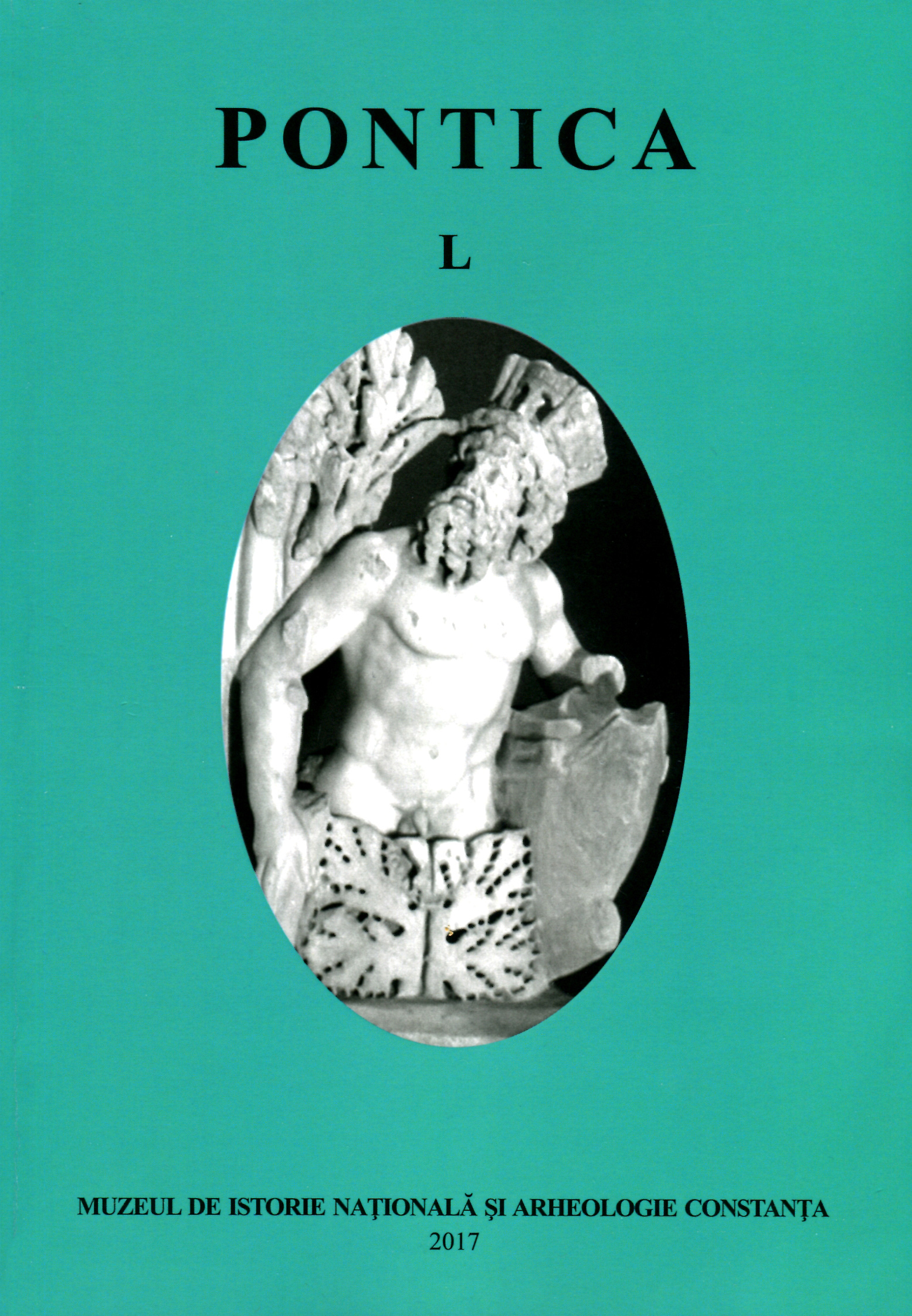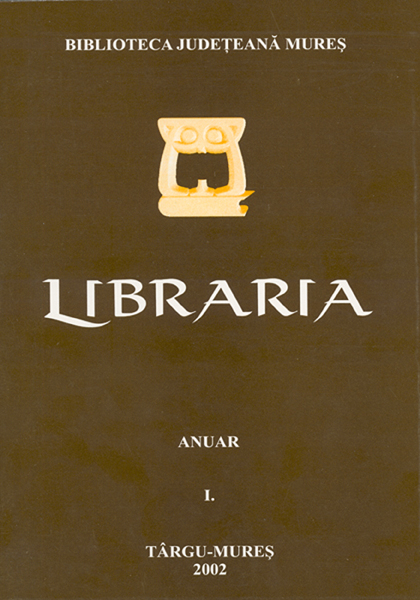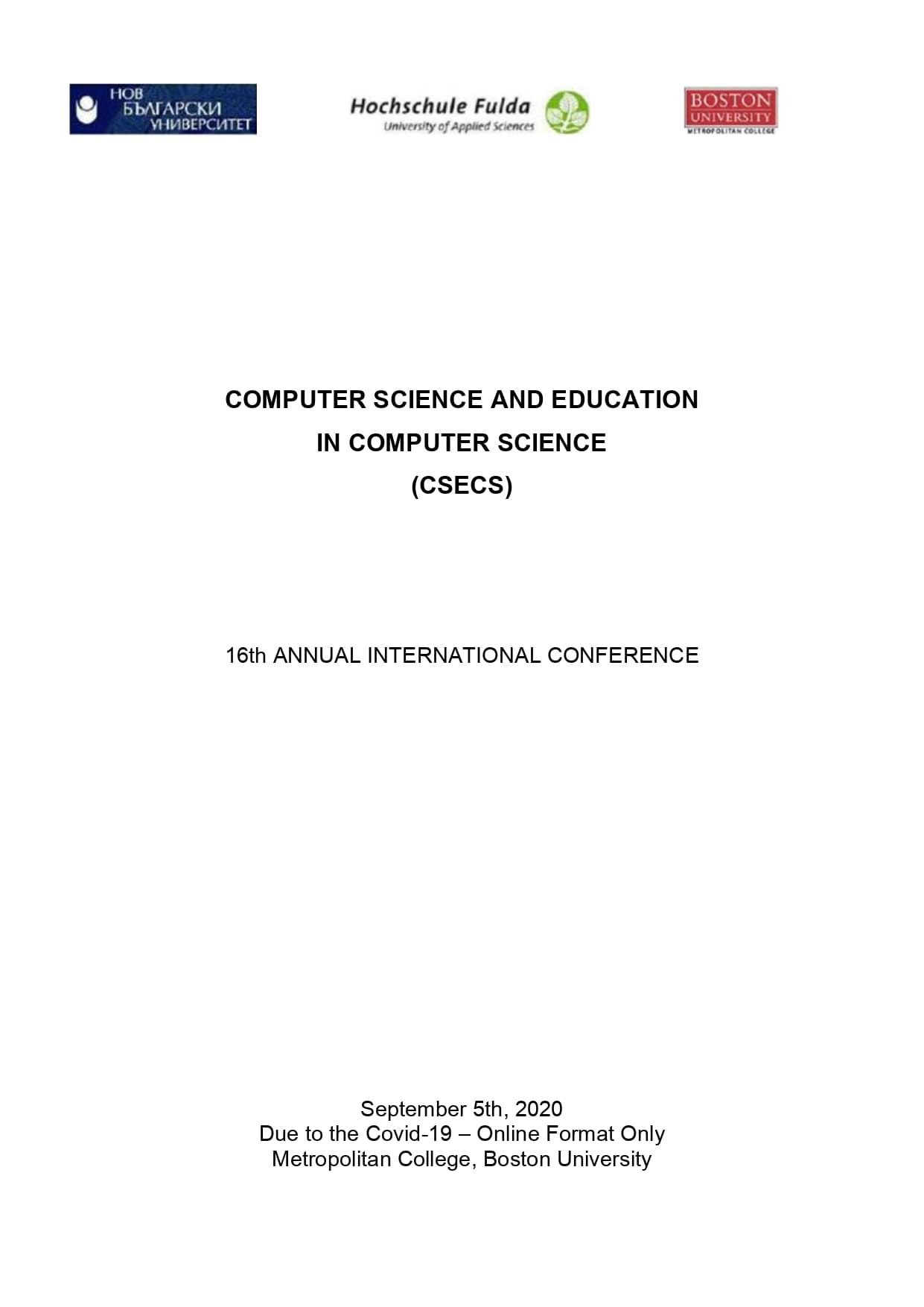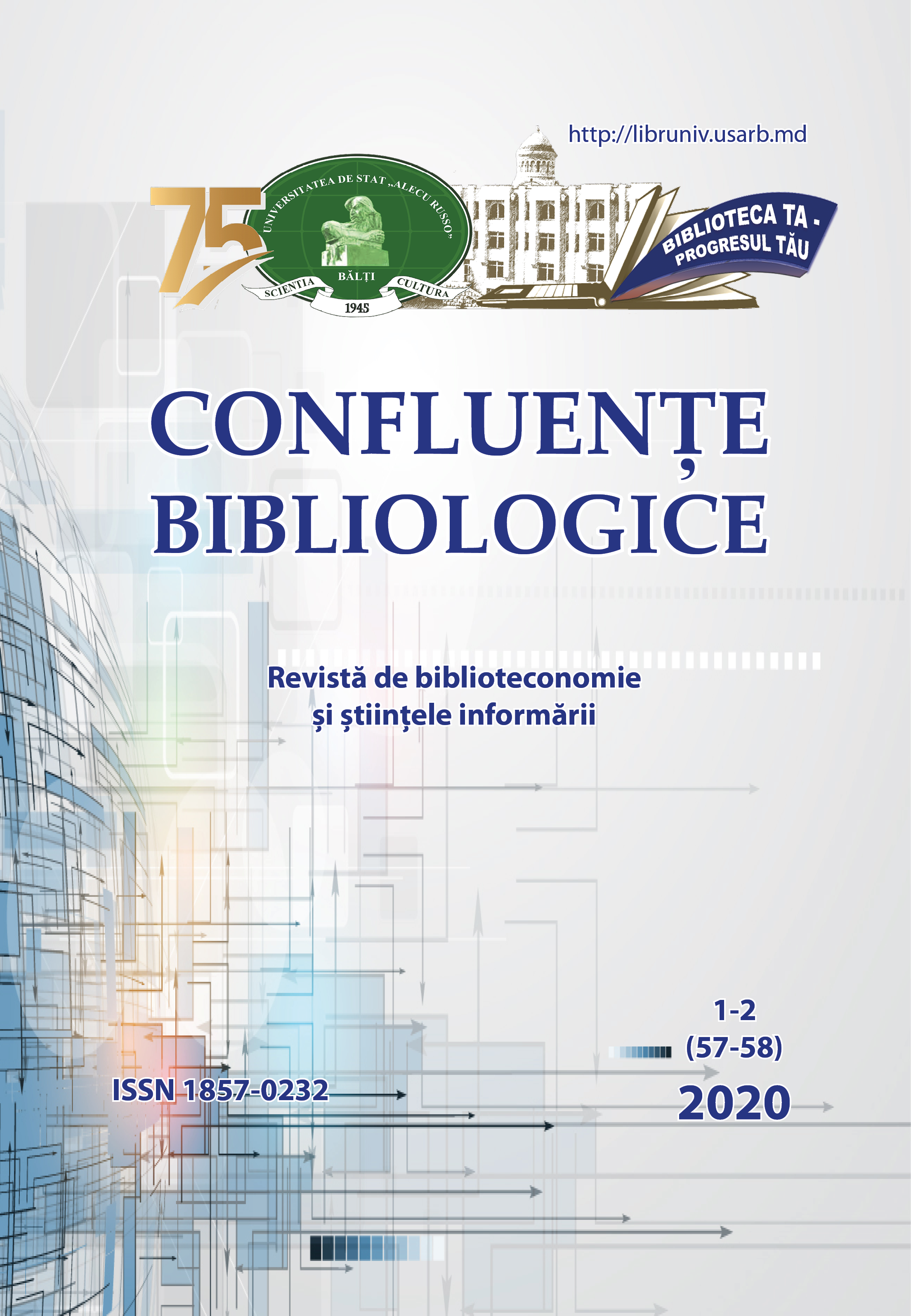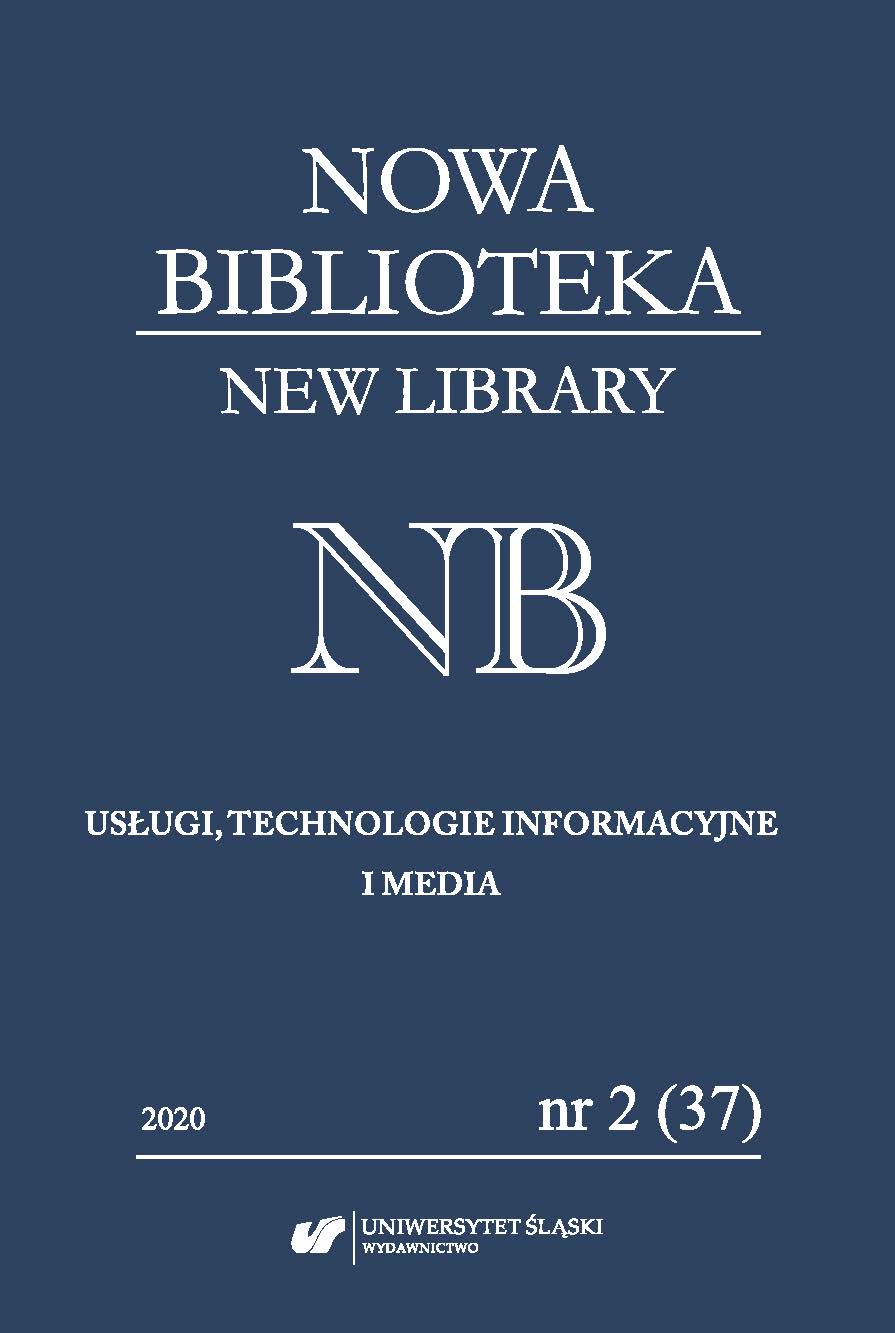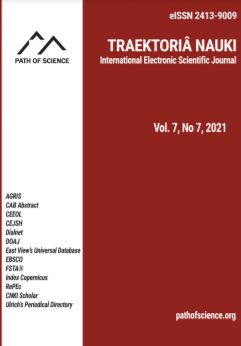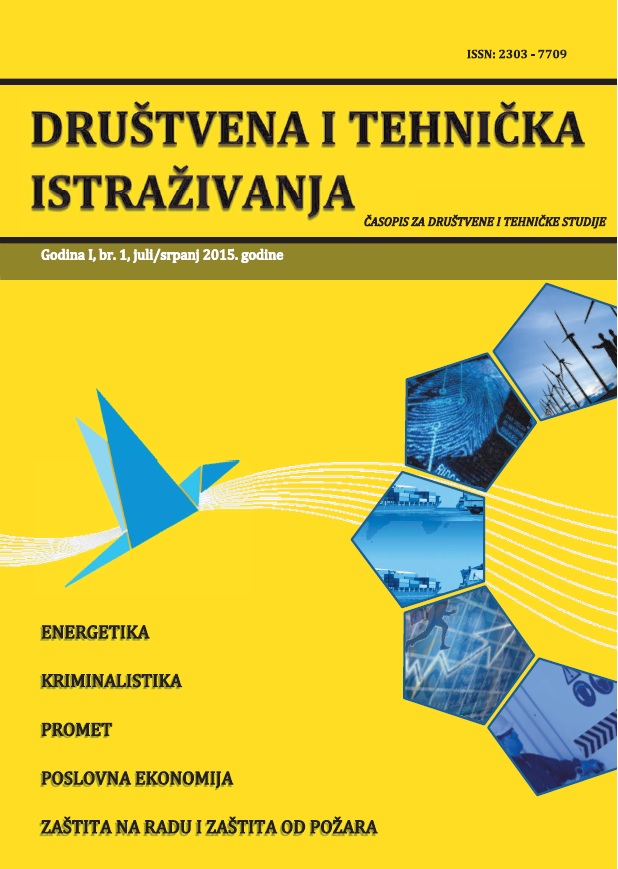
ZNANJE, OBRAZOVANJE I SPOSOBNOST ZA RAZVOJ PROIZVODA KAO DOMINATNI FAKTORI RAZVOJA NEKE DRŽAVE
The rapid development of new products, technologies, services and processes, are the basic characteristics of economic trends in the world of the late 20th and beginning of the 21st century. manufacturers who want to assure their survival and growth are forced to constantly create new products, which will be competative on the market with their price and quality. This gives to the function of the product a special dimension and importance. The ability of a system to independently develop and win new products and technologies in the modern social and political trends is a basic precondition for the economic and social independence. The difference between developed and underdeveloped countries is best reflected through the ability to develop new products and improvement of existing ones. Product development is by definition a set of activities aiming to transform knowledge (scientific and technical) in practically feasible, useful and economically justified technical product. It takes a certain level of knowledge in order to develop a product or won a technology. Knowledge is primarily acquired by education. In this regard, this paper shows the interconnection between the educational potential of a country to its ability to develop products and the importance of these potentials for its overall progress and socio-political position in the world.
More...

